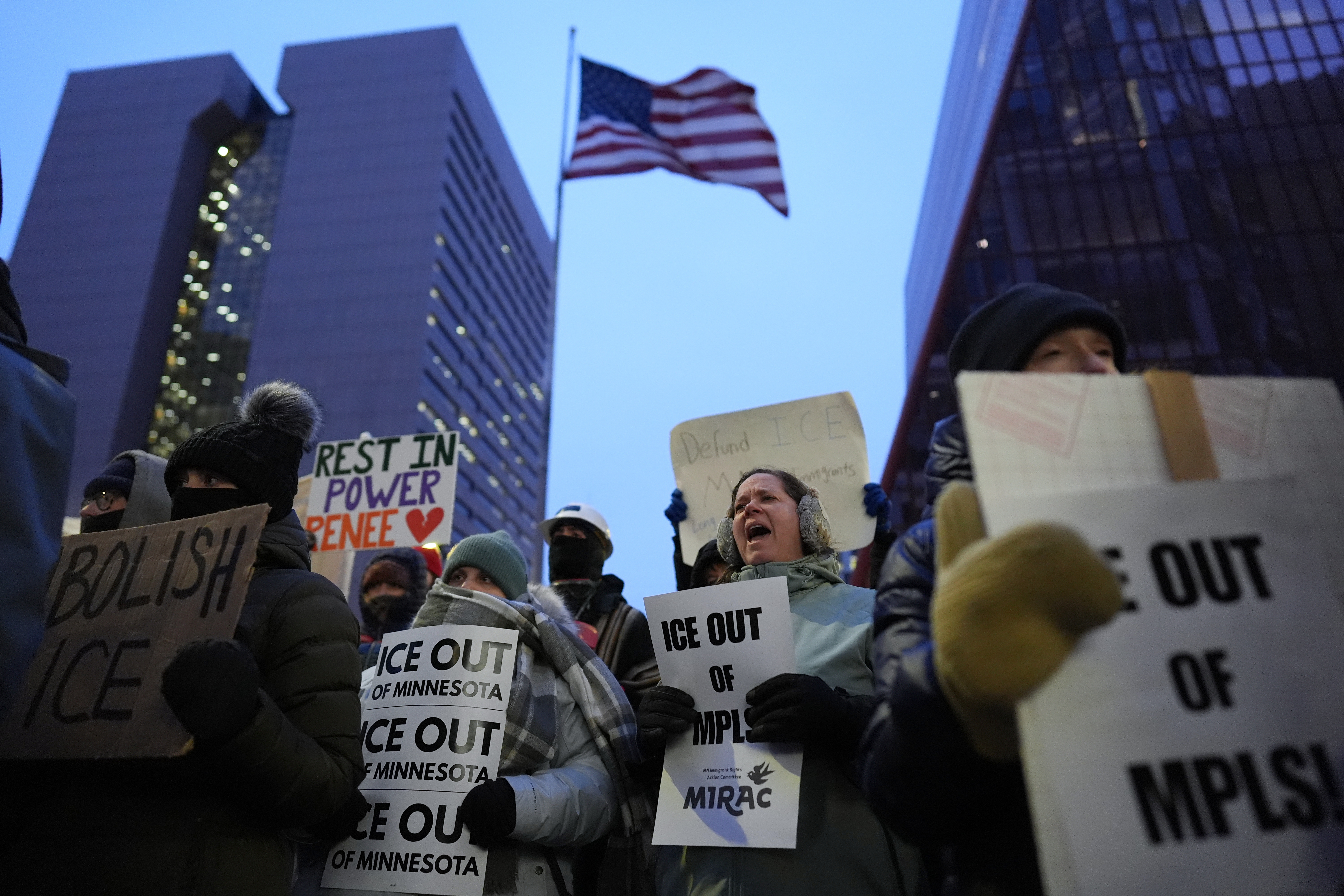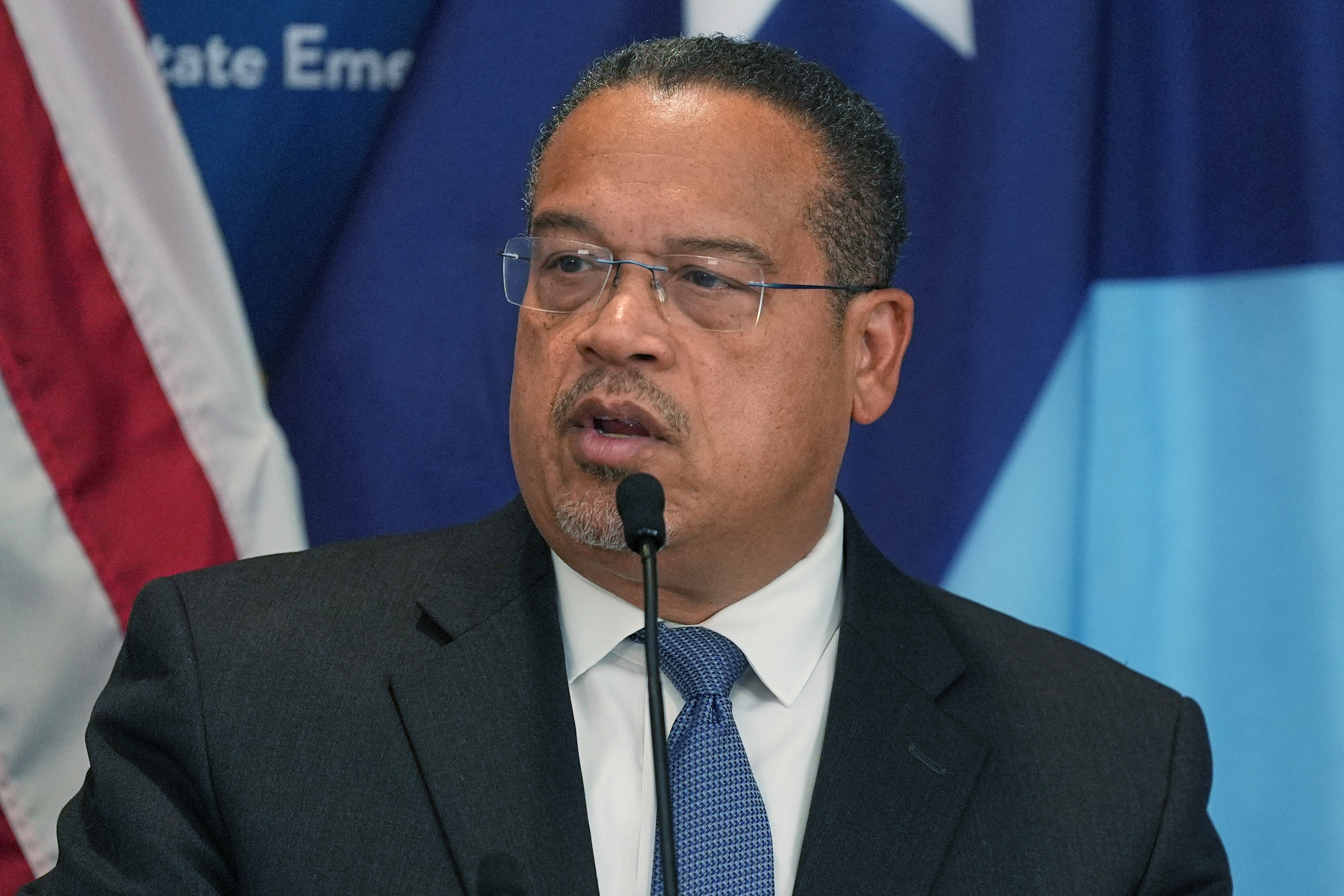Two days after a judge struck down the Federal Aviation Administration’s plans to fine a commercial drone photographer, the FAA said Saturday it will appeal that decision.
The administration originally fined Raphael Pirker $10,000 for flying a drone aircraft in a “reckless manner” at the University of Virginia in 2011. Pirker was working on a promotional video at the time.
In a statement about the appeal, the FAA said it was “concerned that this decision could impact the safe operation of the national airspace system and the safety of people and property on the ground."
National Transportation and Safety Board Judge Patrick Geraghty previously ruled that since the FAA’s guidelines on model aircraft weren’t legally binding, it had no authority to regulate drones. (Via National Transportation Safety Board)
The decision essentially overturned a 2007 FAA measure banning any and all commercial drone use and interrupted the organization’s goal to provide an evolving “road map” for drone use in the U.S. (Via The Wall Street Journal)
Pirker's drone-centric promotional company caught up in the case, Team Black Sheep, lauded the decision, writing that it was “impressed with the US legal system to give people a chance to obtain their rights.”
And Pirker himself told Mashable he was not worried about the FAA's appeal. "We are not too concerned as the administrative law judge has confirmed our arguments. The decision was not a close call.”
The judge’s ruling could mean the re-introduction of commercial drones for just about anything.
Just a few months ago, a Minnesota brewery proposed delivering cold beer to thirsty fishermen out on the ice. Despite a hugely positive response, the FAA quickly put the notion on ice. (Via KMSP)
But an artificial intelligence attorney in New Hampshire says don't get too excited about imminent aerial ale assistance, writing that, “it is possible that there will be tens of thousands of drones in the air in the next 10 years. We don't want them flying around... with no oversight. Of all federal entities, the FAA should have the authority to regulate them.” (Via Slate)
But after the FAA took ten whole months to choose a handful of drone test sites, aviation expert John Goglia writes in Forbes that “any meaningful regulation is years and years away.”










